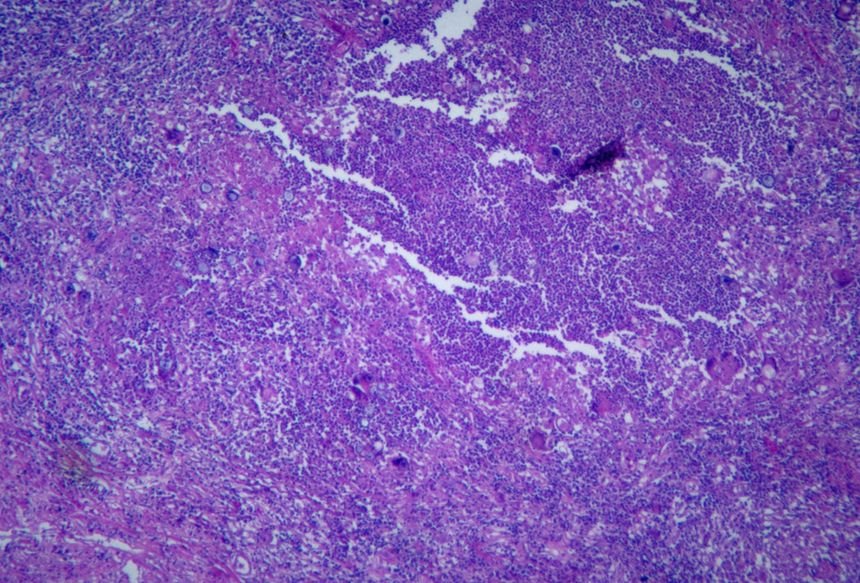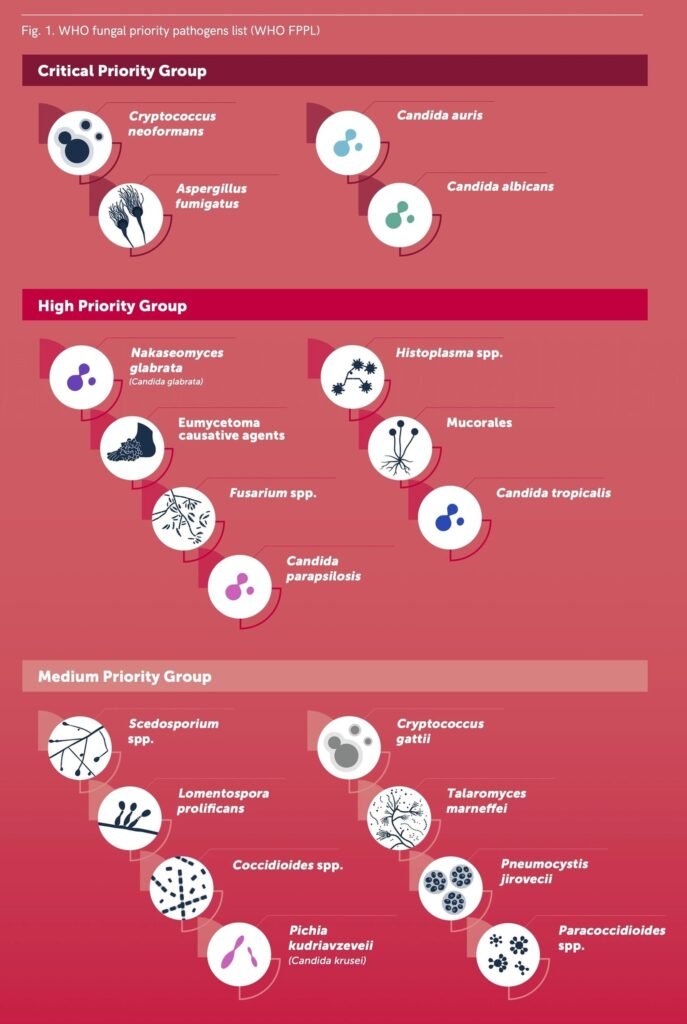Historically, our body heat has been our strongest line of defense against fungus. Human bodies are normally too hot for infectious fungus to live, with an average temperature of 97.8 degrees Fahrenheit.

However, rising temperatures caused by global warming may provide fungi with a new evolutionary chance to adapt to heat shocks. That might be bad news for us warm-blooded creatures. As fungi are subjected to more regular increased temperatures, there is a genuine danger that formerly innocuous fungus will suddenly become diseases.
According to the Centers for Disease Control and Prevention (CDC), more than 4,700 people died from fungal infections in 2018.And as recently as 2021, that number climbed to 7,200 — although around 1,900 of those were COVID-19 associated cases, the agency notes, which is still a net increase.

But that may only be the beginning, as fungus responding to heat isn’t the sole effect of rising temperatures. It may also be hastening the evolution of some fungus.
The CDC believes that cryptococcus, a genus of invasive fungus renowned for causing severe illnesses and infections in immunocompromised persons, is already responsible for 112,000 brain infection deaths globally each year.

When the fungus were cultured in a warmer climate, scientists discovered that the rate of “jumping genes” — genes that migrate between genomes and can cause mutations — was five times greater than normal. Meanwhile, other deadly fungi like candida auris, histoplasma, and coccidioides have been expanding their domain in the US since the 1950s, according to a recent analysis. Global warming seems to be the only plausible reason for fungi’s adaptation to heat.
Reference- Journal Proceedings of the National Academy of Sciences,Journal Clinical Infectious Diseases, CDC data, Wall Street Story






